Background
This historical transversal research line of M4 is articulated around two main activities;
- Activities within the Collaborative Research Groups (CRG) at the ILL (D1B) and development of new experimental facilities (XtremeD). It also has included the design of neutron instrumentation to improve the existing instruments (D1B) and the design and construction of new ones (XtremeD). The group M4 is responsible for coordinating the use at national level of Spanish CRG instruments in the ILL.
- Activities in the field of advanced instrumentation for a better measurement of the thermal properties. In the last years the group M4 has developed high sensitivity calorimeters, to study by means of these devices of, among others, layers of molecules and mono-crystals of materials with spin transition. Also the group has developed and patented new devices to measure the temperature at the nanoscale resolution.
M4 scientists repeatedly use the ILL and the ESRF and are regular users of any other ICTS worldwide: SNS, NIST, OPAL, ISIS, FMRII, SINQ, MLF, APS, SPRING8, SLS, ELETTRA, DIAMOND, PSI, SOLEIL or BESSY
A network of national and international scientific collaborations has been developed. Members of M4 participate in bodies, decision-making and advisory committees in ICTS.
Achievements
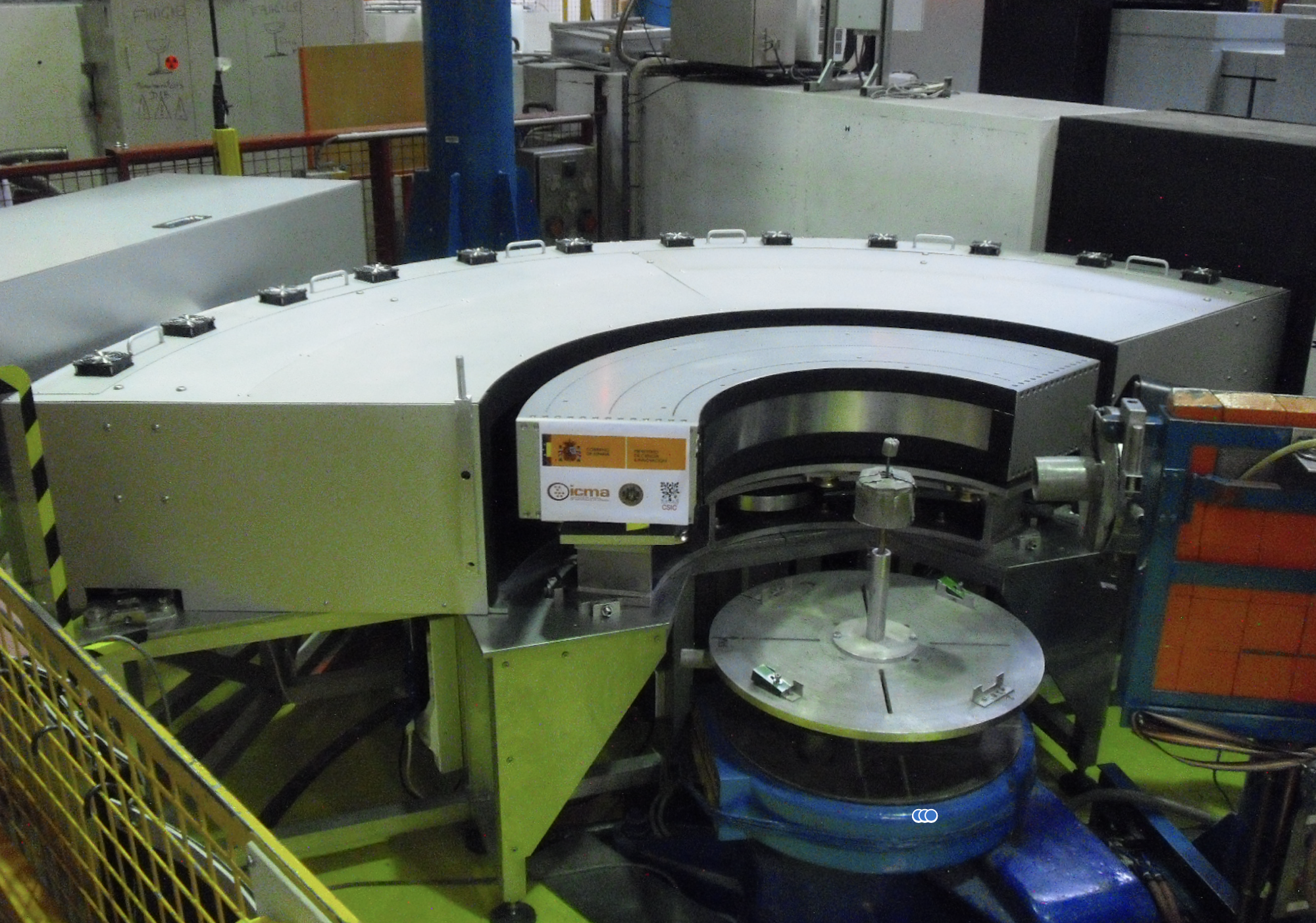
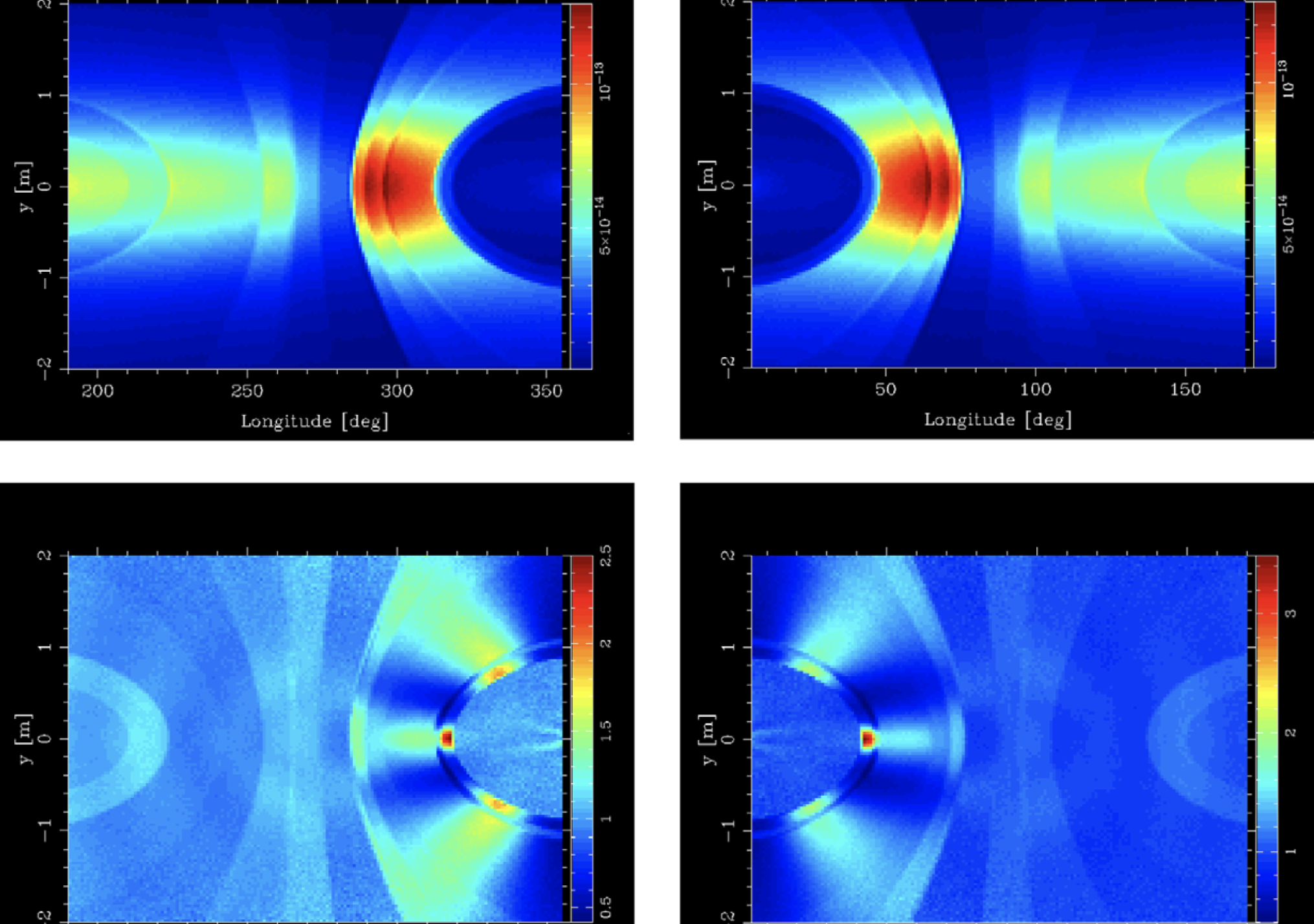
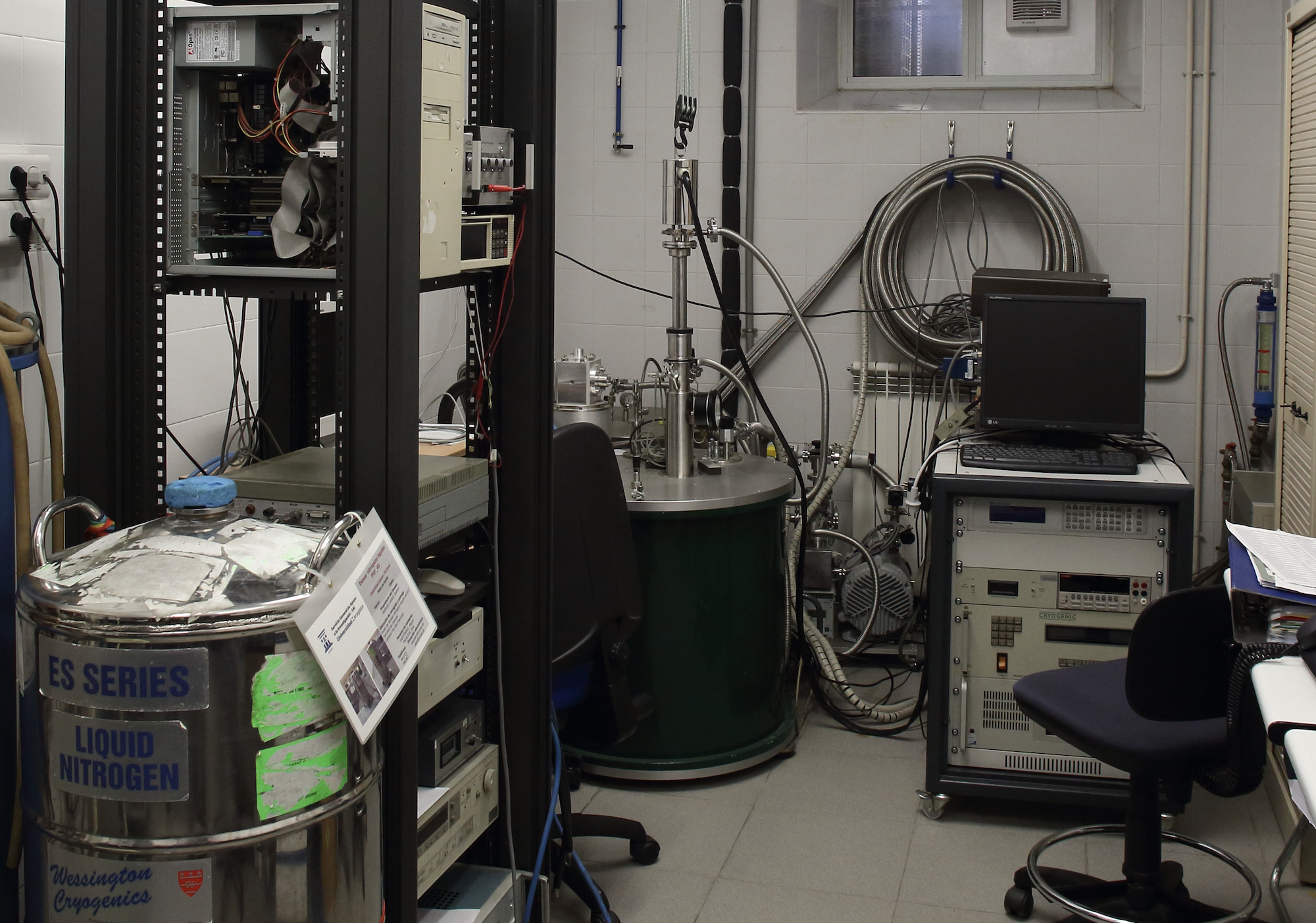
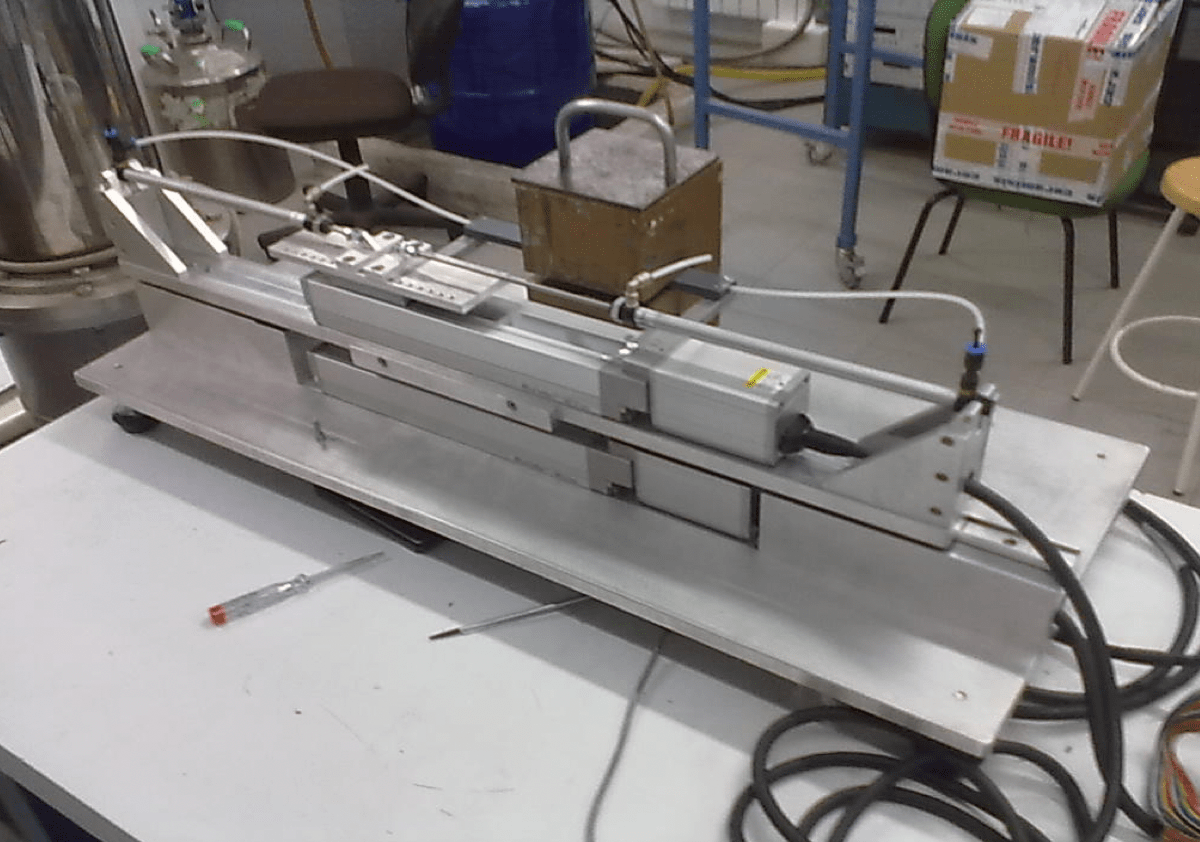
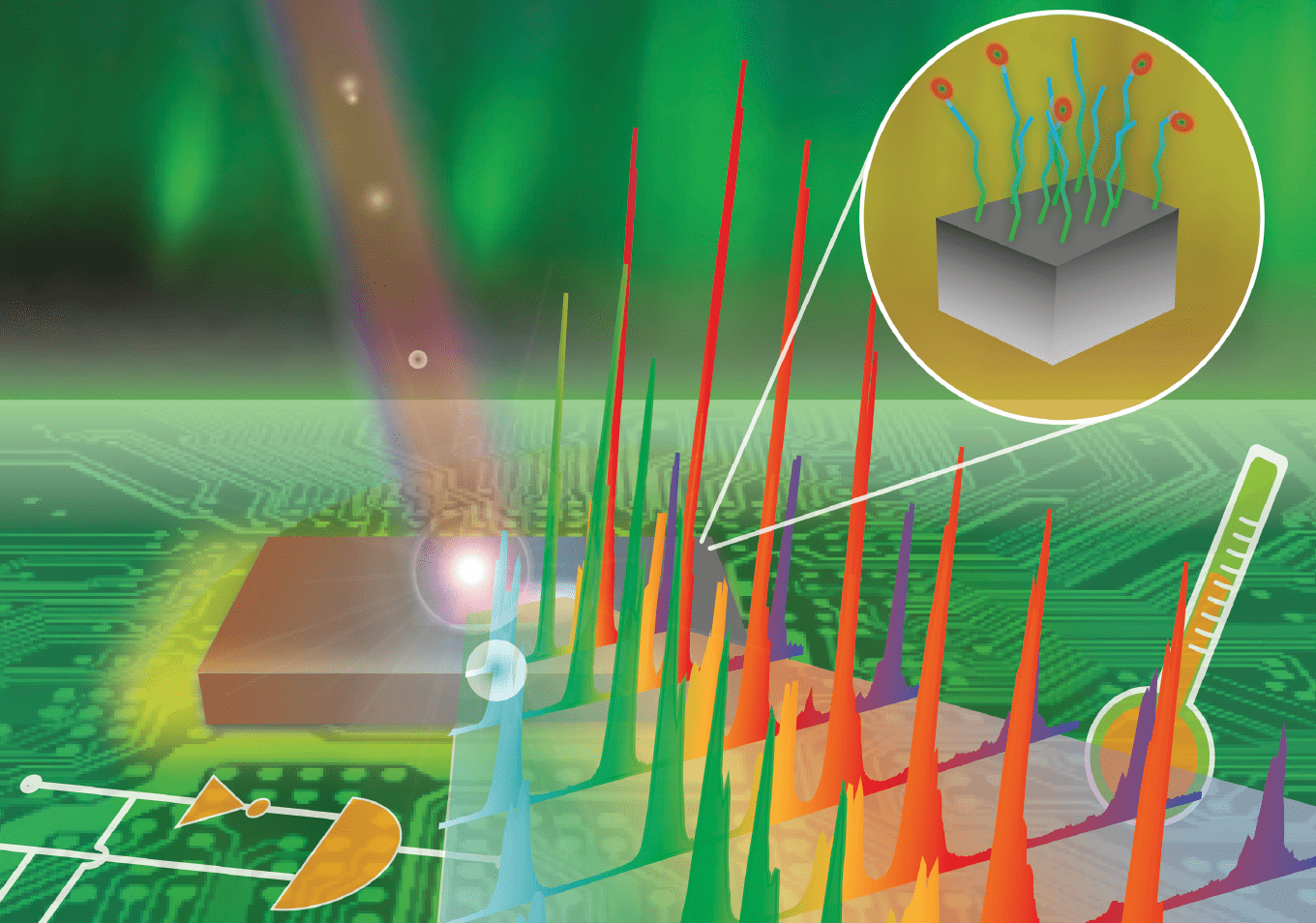
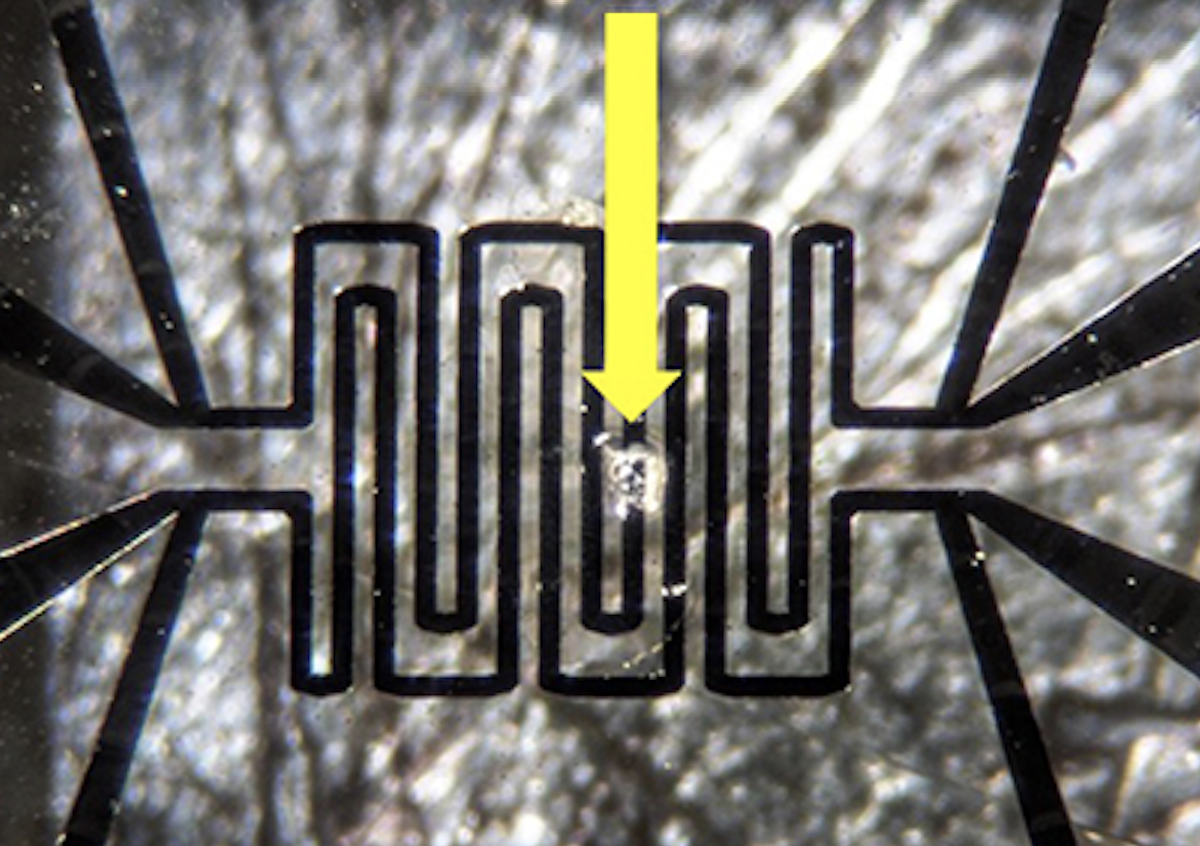
Present Projects
The group is leading several advanced scientific instrumentation projects related with the activities mention before.
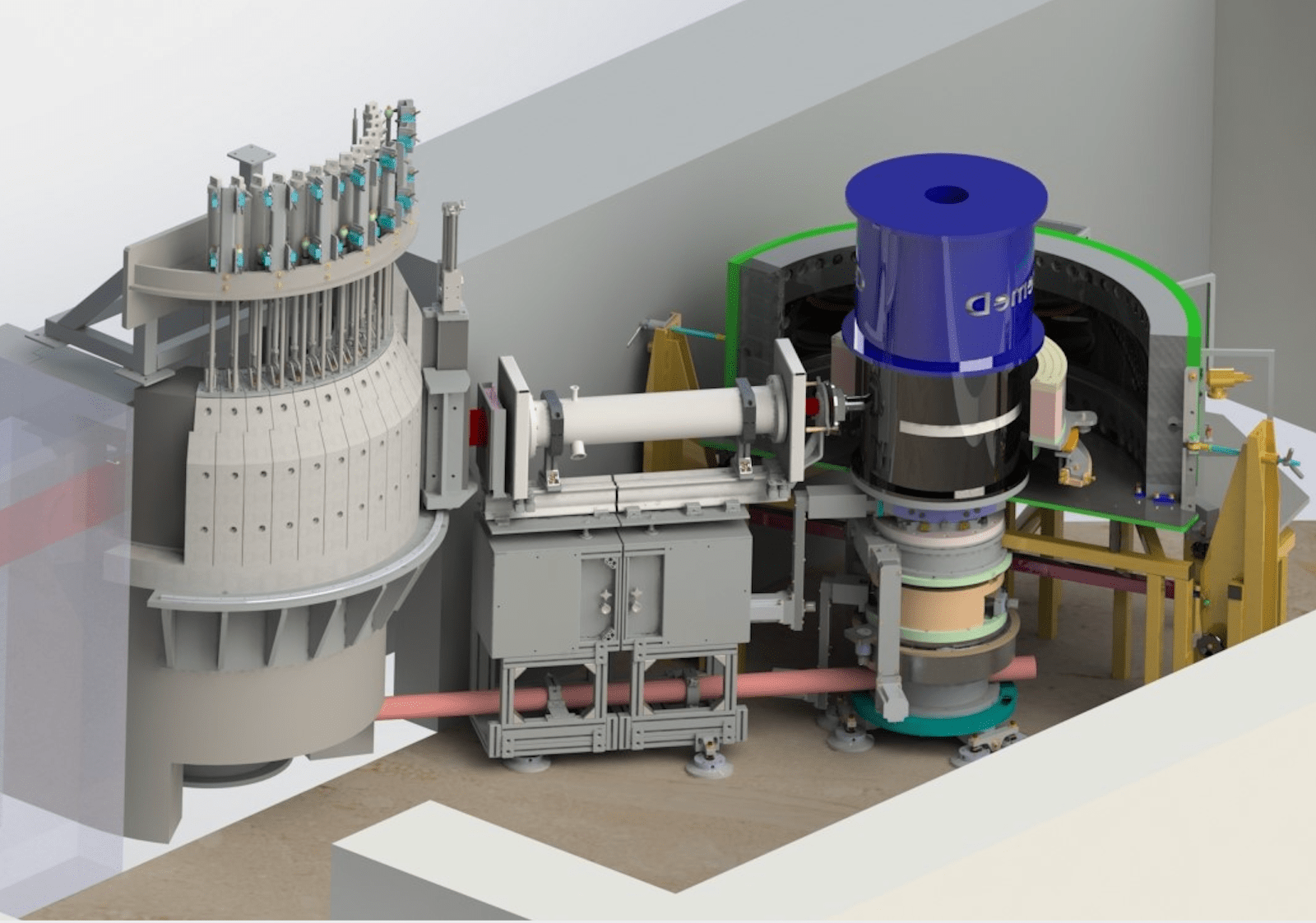
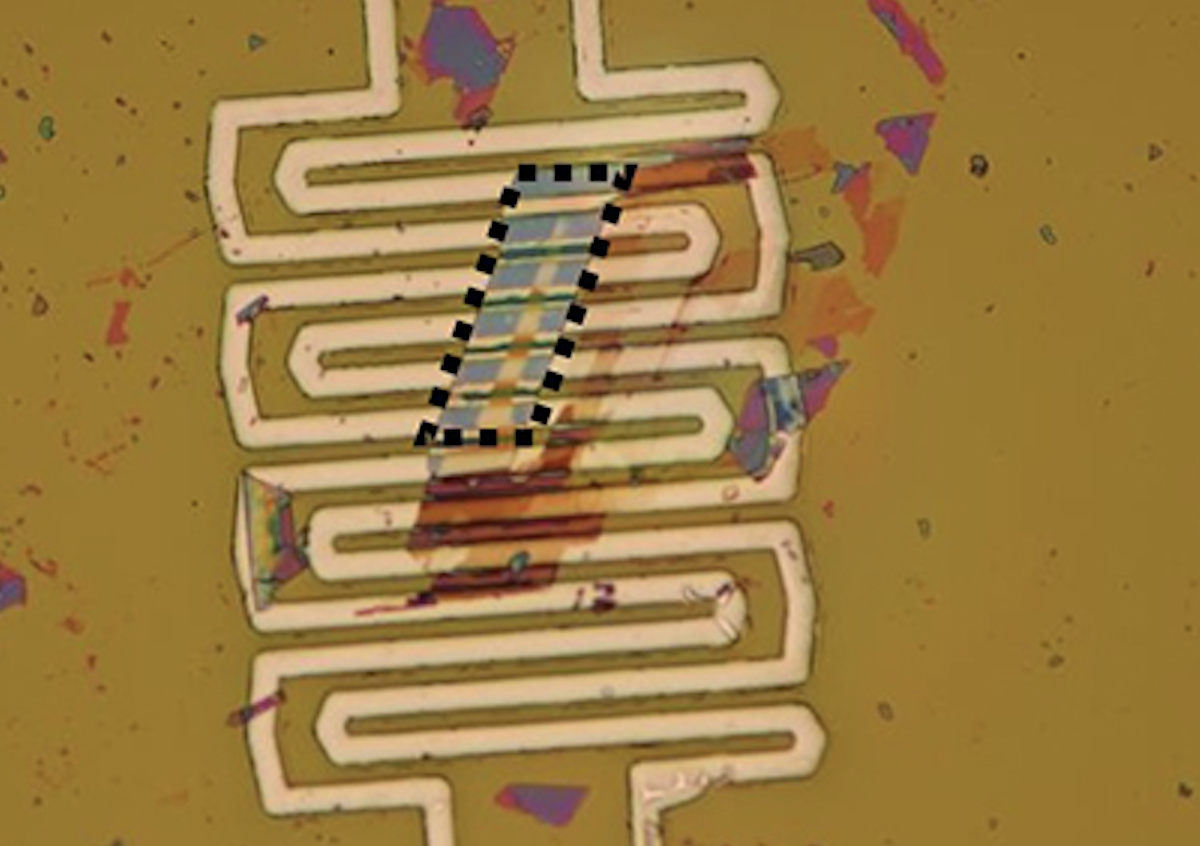
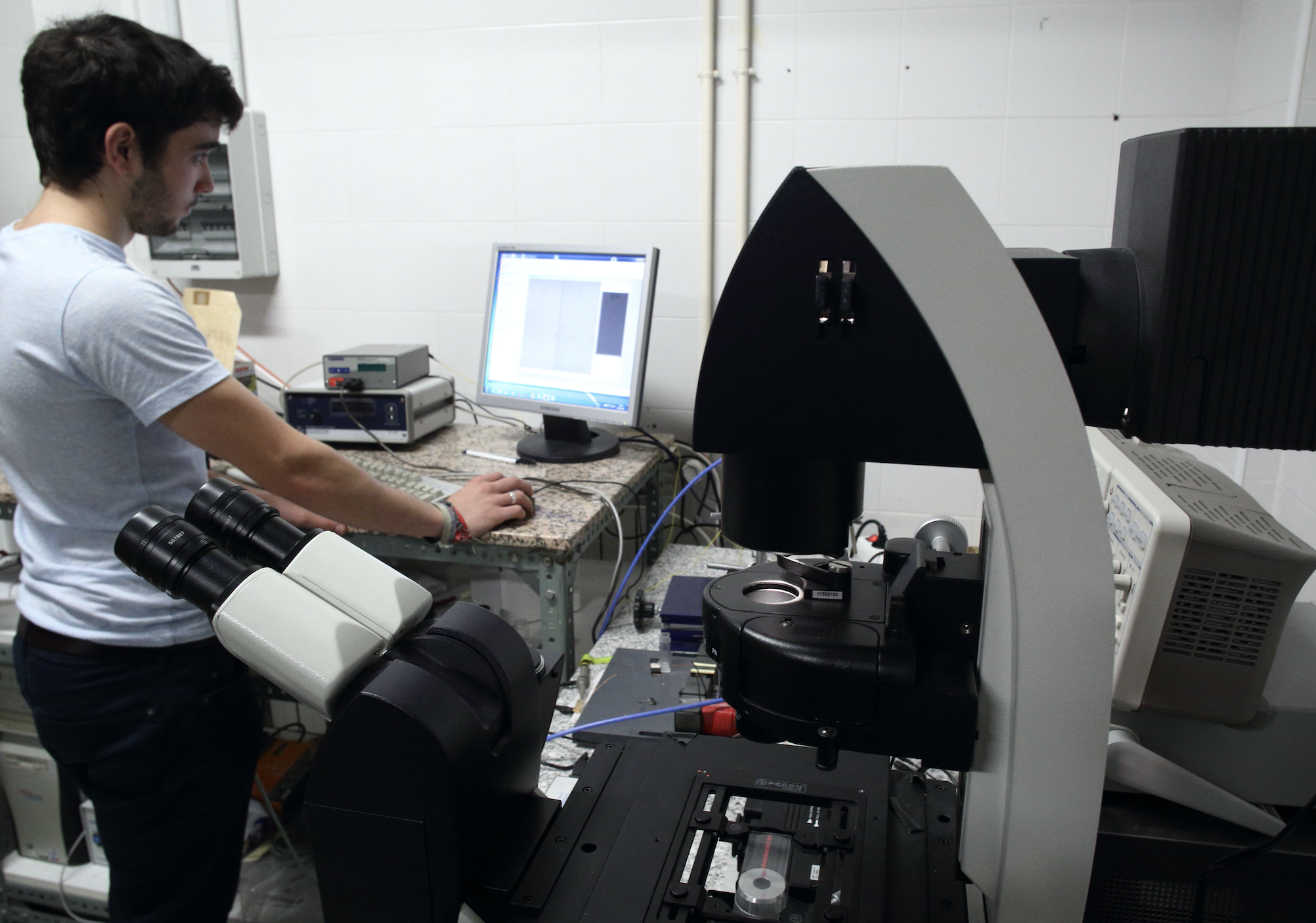
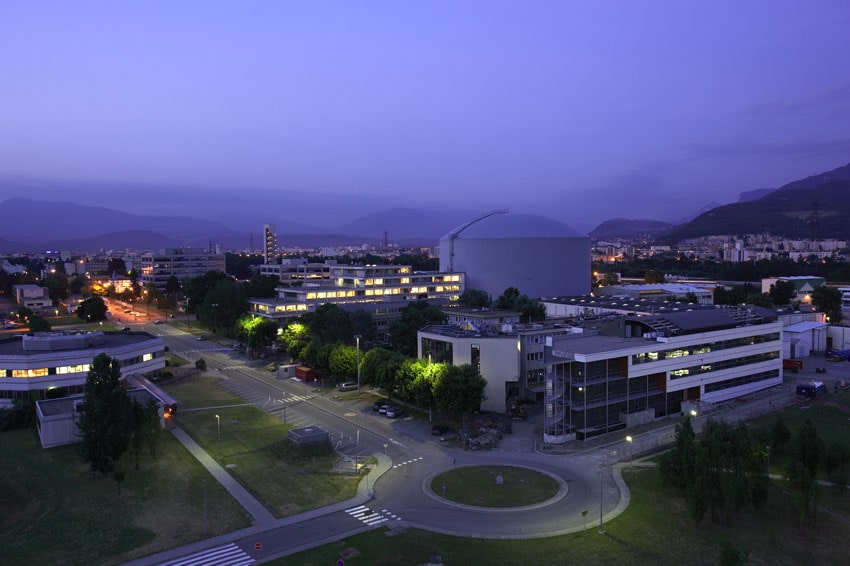
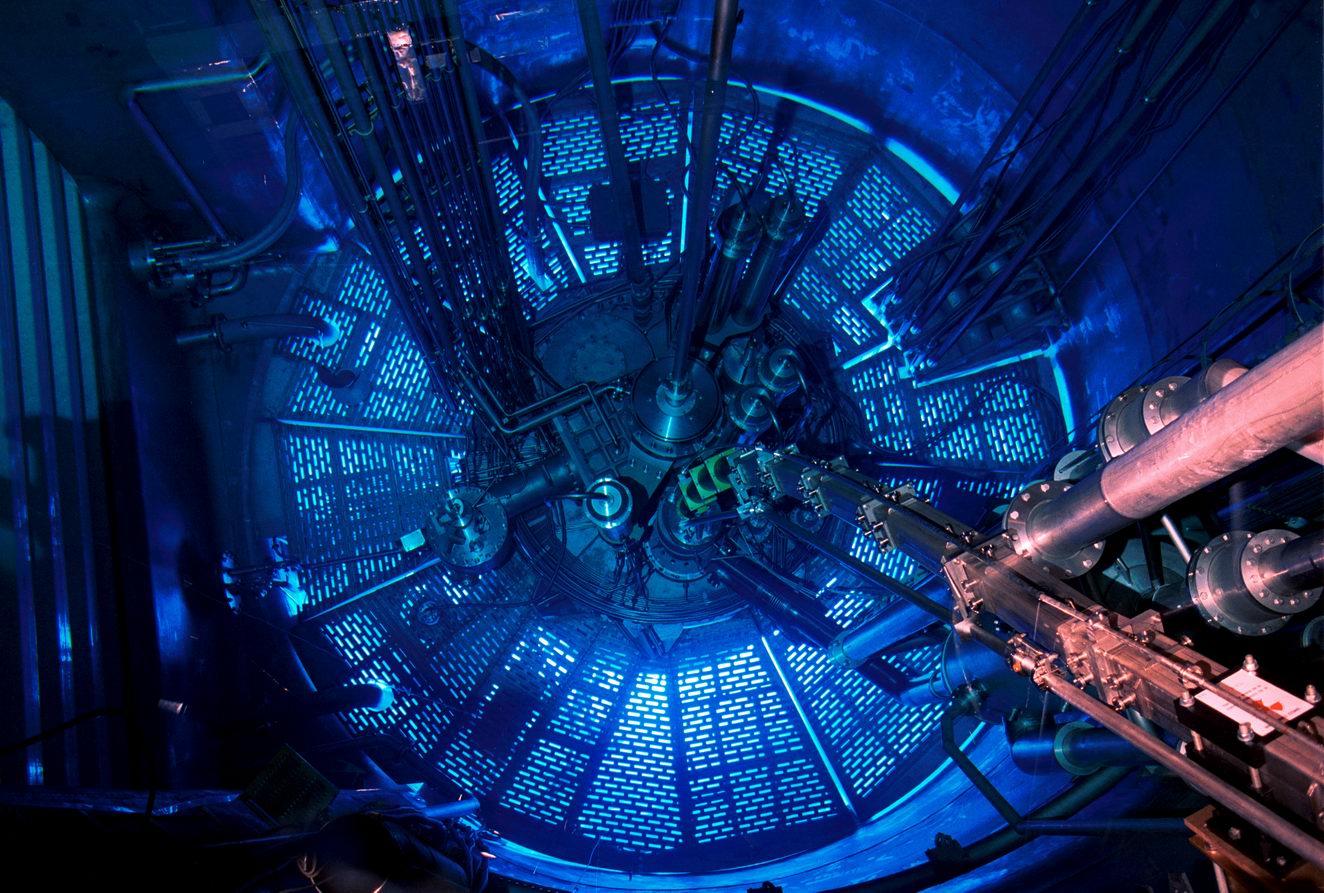
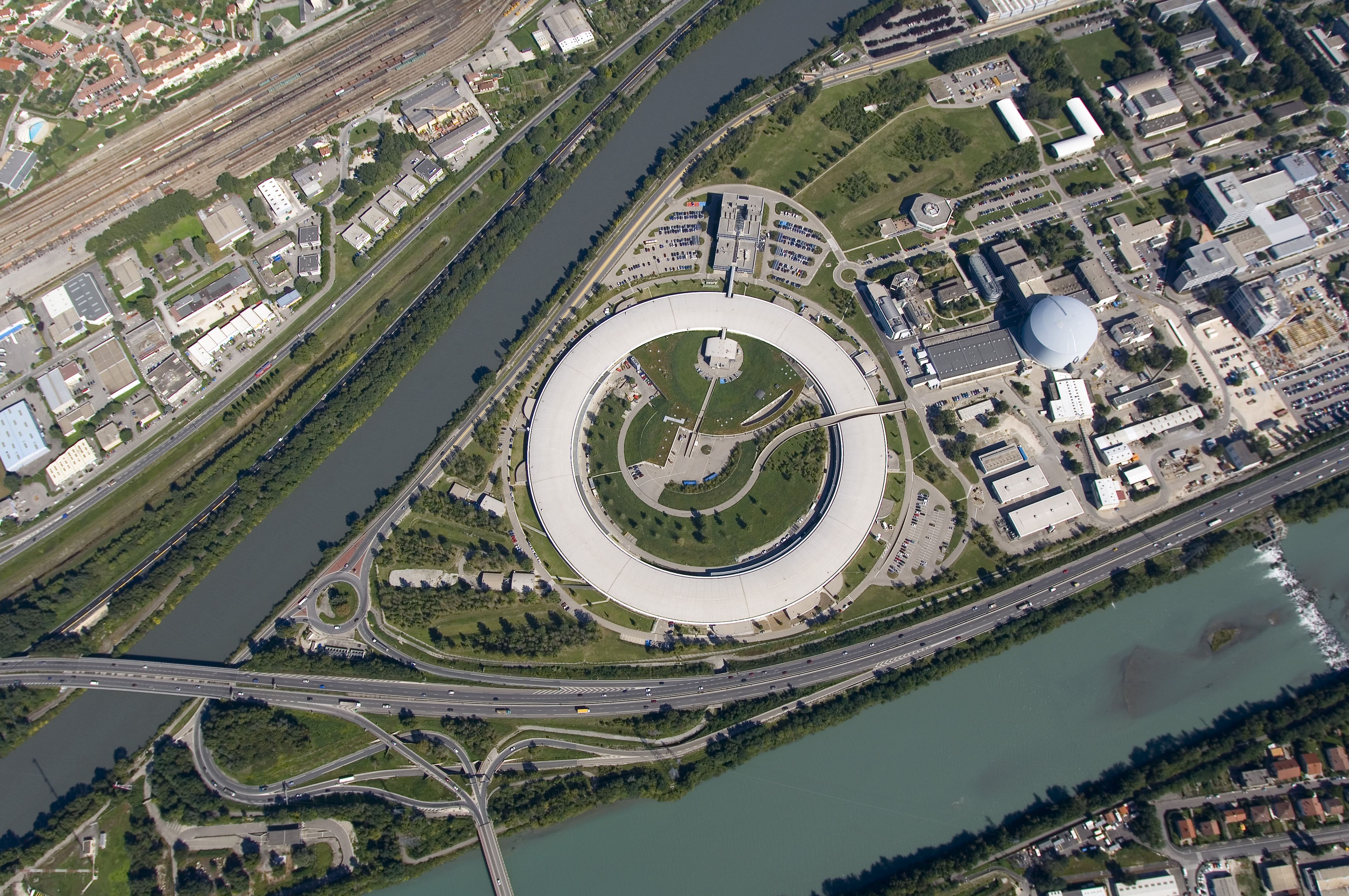
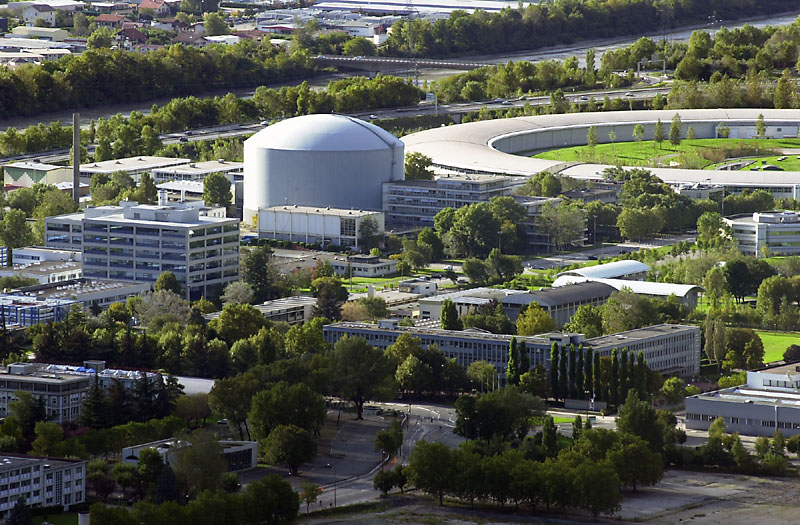
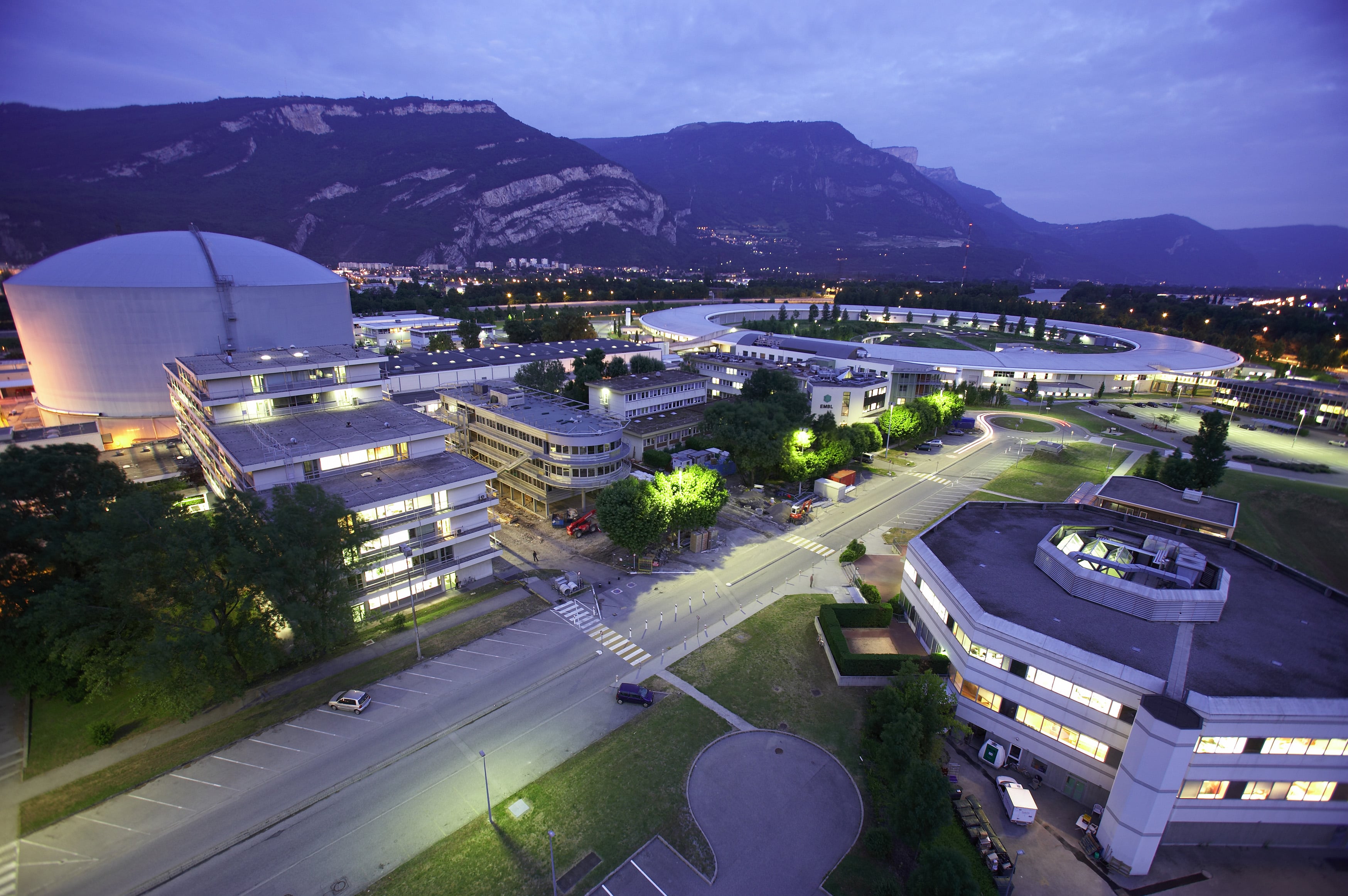
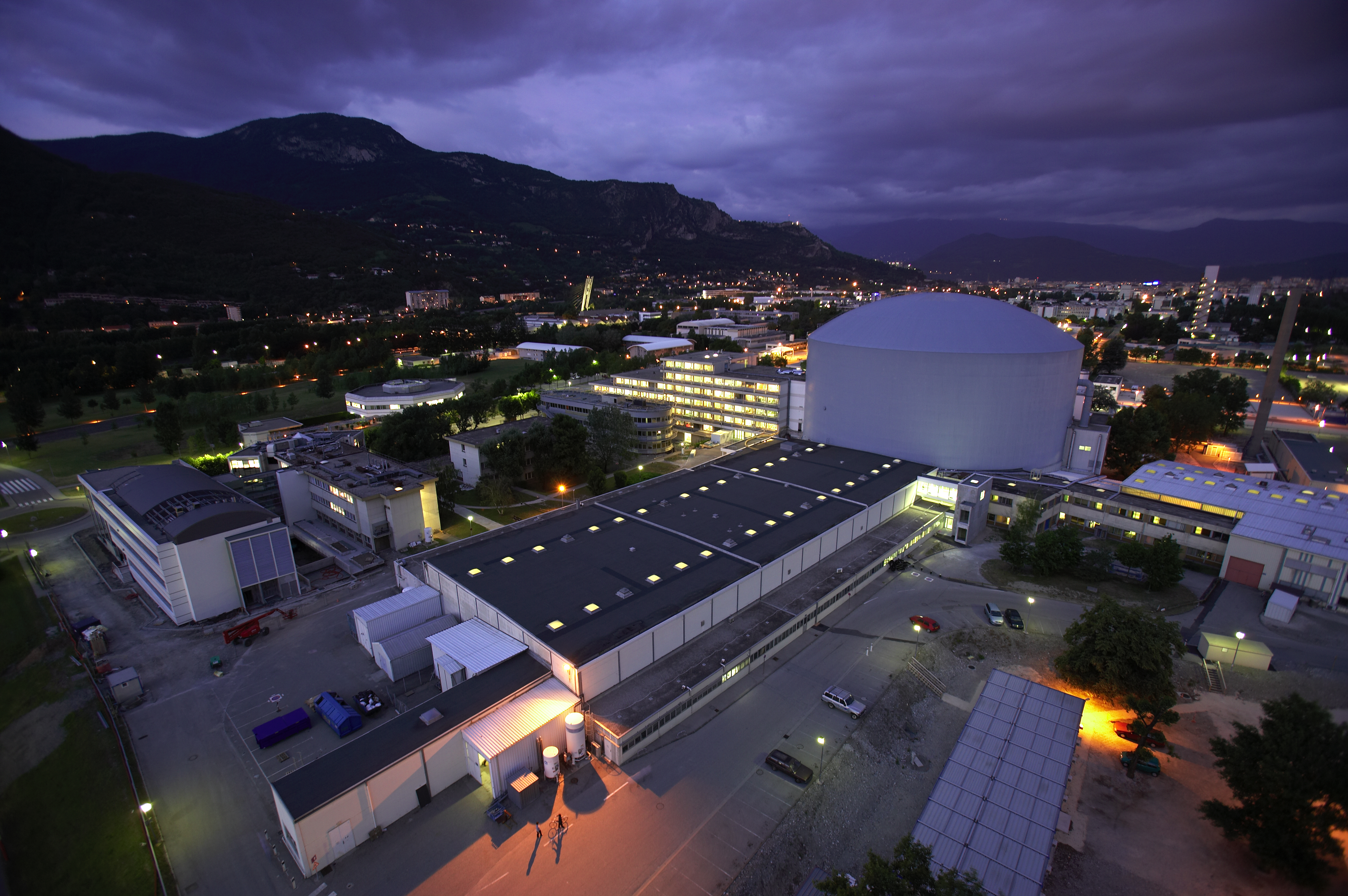
Since 1998, M4 is responsible of the management and scientific coordination of the Spanish CRG (Collaborating Research Group) at the more intense neutron source in the world, the ILL. The instrument D1B is a high flux neutron powder diffractometer, equipped with a banana multi detector of 1280 channels, very well adapted for magnetic structures determinations and the study of structural phase transitions.
Funds and Research Contracts
Local hyperthermia cancer treatment studies using a new temperature-imaging-hyperthermia microscopy instrument
H2020-MSCA-IF-2017 (01/09/2018 a 31/08/2020)
World class Science and Innovation with Neutrons in Europe 2020 – SINE2020
H2020-INFRADEV-1-2014-1 (01/10/2015 a 30/09/2019)
Colaboración con Argentina en el uso de haces de neutrones en ciencia y tecnología de materiales y el desarrollo de instrumentación científica avanzada en ese ámbito
CSIC (I-COOP) – COOPB20319 (01/01/2018 a 31/12/2019)
Elementos para un sistema de refrigeración magnética en el rango de temperatura de frigoríficos
BSH (01/03/2018 a 31/07/2019)
SpINS los CRGs españoles en el ILL
Ministerio de Economía y Competitividad (01/01/1998 a 31/12/2023)
XtremeD Project: construction of a new Diffractometer for extreme conditions of pressure and magnetic field
Institute Laue Langevin – OTT (CSIC) (2016-2023)
